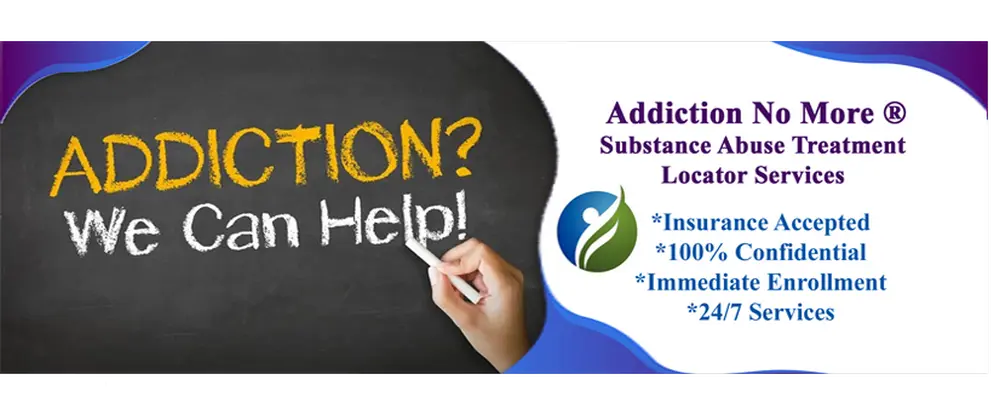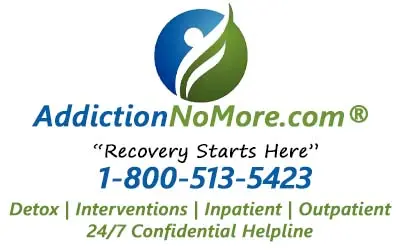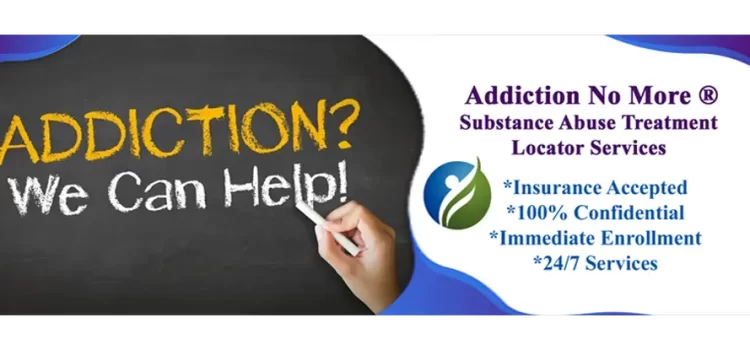Music and Art Therapy
Music and art therapy along with substance abuse rehabilitation helps by improving mental health, decreasing symptoms of mental or physical illness, and can help improve your overall quality of life. Research on the benefits of art and music therapy is very well documented, although research designs limit conclusive generalization. The findings of this research have suggested several benefits for SUD patients, such as decreasing denial, reducing opposition to alcohol treatment, providing another outlet for communication, and reducing shame. Music therapy and art therapy when used in conjunction with traditional therapies have been proven to help the recovery process. The main goal of art and music therapy is to give the patient an outlet for expressing themselves through imaginative and creative exercises. When people are in the early stages of recovery, they can oftentimes feel overwhelmed. Music therapy can be useful in helping the person in treatment for addiction deal with the emotional problems associated with these feelings of being overwhelmed.
1-800-513-5423
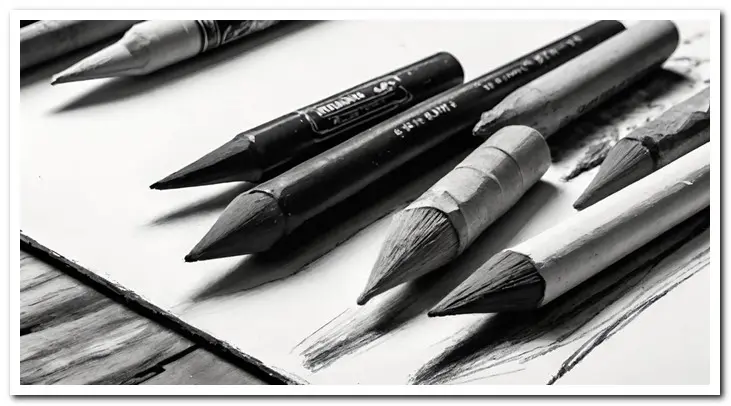
Art Therapy
Art therapy started being used in treatment programs for substance abuse disorders in the 1950s. The American Art Therapy Association acknowledges the role that art therapy can play in helping to manage addictions. The benefits of art therapy can include giving the patient a non-verbal communication outlet to help them express themselves. Art therapy can include many different activities, including drawing/painting emotions, past incidents (drawing an incident that happened while using drugs or alcohol), creating art journals, and stress painting/drawing ( IE: painting when under stress or feelings of anxiety). Substance use treatment programs that offer art therapy give their patients a space to be creative through artistic expression while giving them a creative outlet to explore their emotions through a nonverbal medium.
The American Art Therapy Association acknowledges the role that art therapy can play in helping to manage addictions. The benefits of art therapy can include giving the patient a non-verbal communication outlet to help them express themselves.
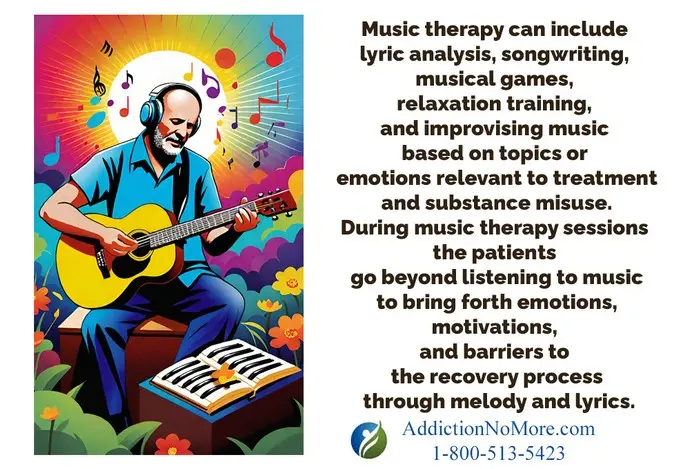
Music therapy
Music therapy started to be used in substance abuse treatment programs in the 1970s. As with art therapy, music therapy is thought to help patients learn to access their emotions and personal needs which can be difficult to express through traditional counseling sessions. Along with the benefits of music therapy, there is also an added benefit that makes it easier to convince a musician to enter treatment for their substance use disorder knowing that they will still be able to make music. The American Music Therapy Association (AMTA) states that music therapy is useful regardless of musical background. Music therapy can include lyric analysis, songwriting, musical games, relaxation training, and improvising music based on topics or emotions relevant to treatment and substance misuse. During music therapy sessions the patients go beyond listening to music to bring forth emotions, motivations, and barriers to the recovery process through melody and lyrics. There are numerous benefits documented for incorporating music therapy into traditional therapy programs. For example, drumming helps calm people who are feeling stressed, gives the person relaxation, and is useful for patients who have experienced repeated relapses. Songwriting and lyric analysis help patients project a positive emotional change.While music and art therapy are great additives to traditional treatment programs, this type of treatment is not recommended as a stand-alone treatment option. When added to an existing program that incorporates other therapies that help the SUD patient actively engage while motivating them towards their recovery. Motivational interviewing is one such therapy model that helps the patient address their ambivalence while seeking to enhance a patient’s motivation for change.
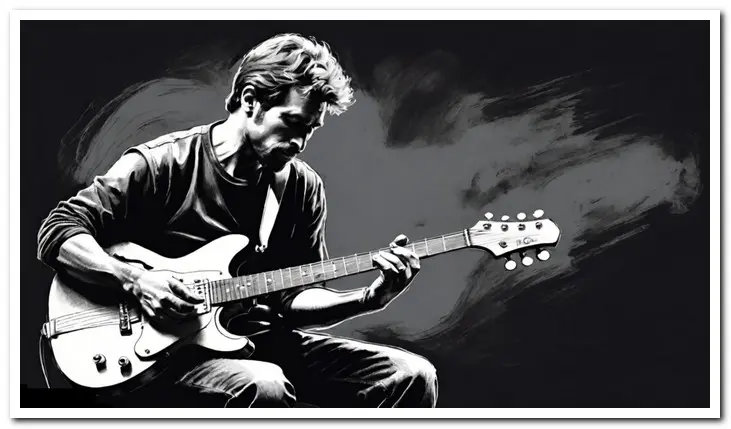
The American Music Therapy Association (AMTA) states that music therapy is useful regardless of musical background. Music therapy can include Lyric analysis, songwriting, musical games, relaxation training, and improvising music based on topics or emotions relevant to treatment and substance misuse.
Will insurance pay for art or music therapy?
When looking for a program to handle your substance misuse it is important to make sure that your insurance has been verified before entering the program. Most of the drug or alcohol treatment programs that offer music or art therapy also have other therapy models they use in conjunction with their art or music program. Usually, art and music therapy are added to an already-established treatment plan that is in place. Most insurance plans will allow for art and music therapy if it is not a stand-alone treatment plan. To find out if your insurance covers programs that offer music or art therapy give us a call and we will see if one of the treatment programs we work with is in-network with your insurance plan.How to find rehab centers that offer art/music therapy
When searching for a substance use treatment program that offers art and or music therapy it is important to learn about the entire program to ensure that this is the right treatment path for your specific circumstances. When calling a treatment center you can ask them directly if they have art or music therapy available as part of their drug or alcohol treatment program. You can give us a call and we can help you find an addiction treatment program that has music therapy or art therapy in your area, or anywhere in the USA.1-800-513-5423
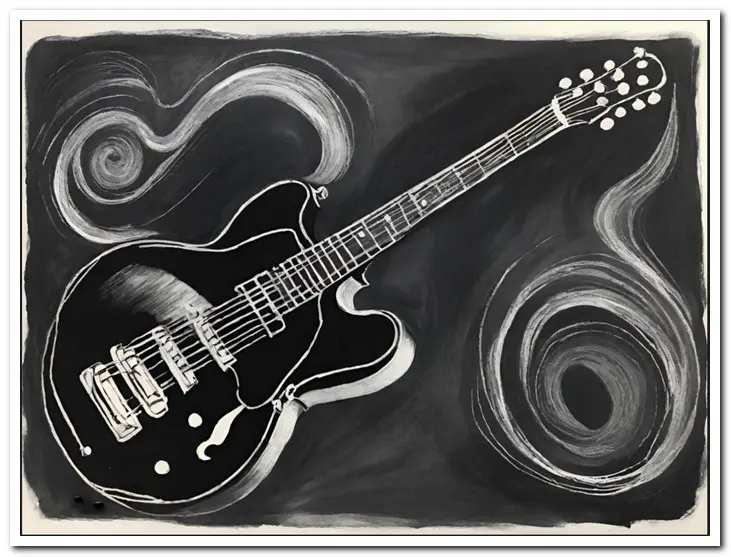 Sources
SourcesThe Use of Art and Music Therapy
Music Therapy
Art Therapy
Erik Epp – Content Author
